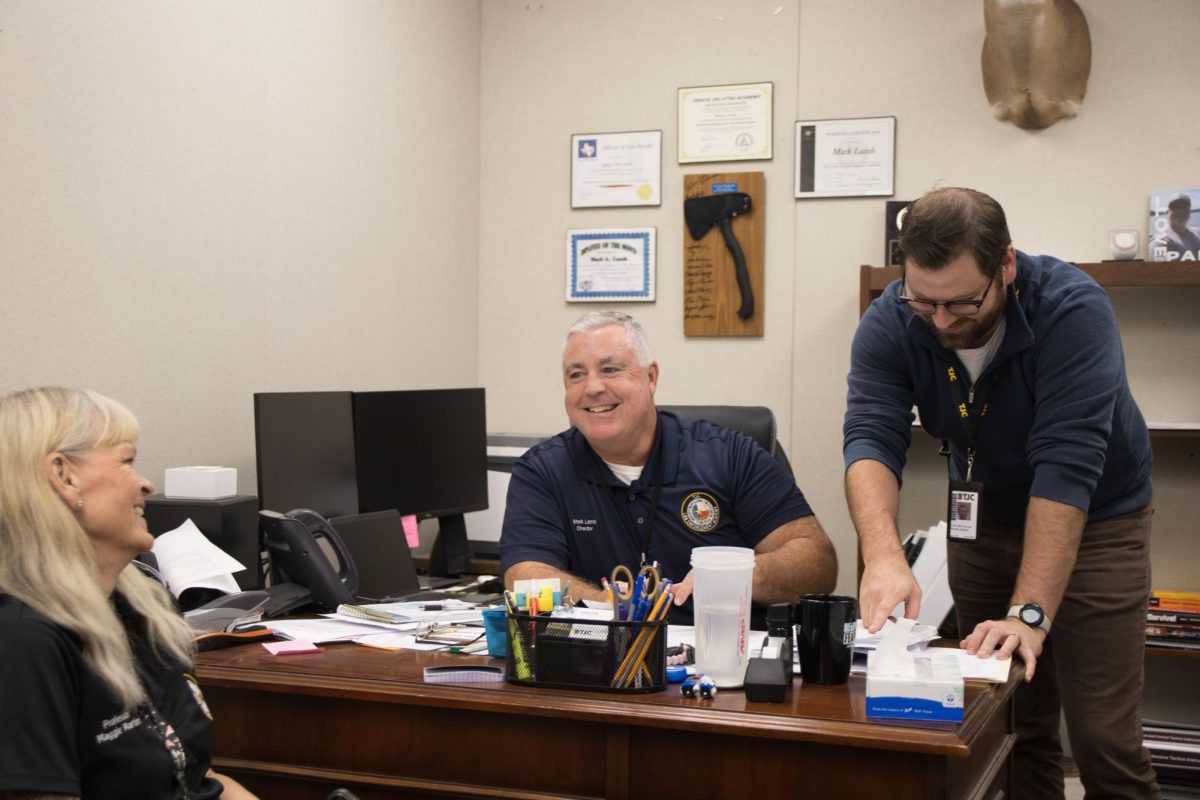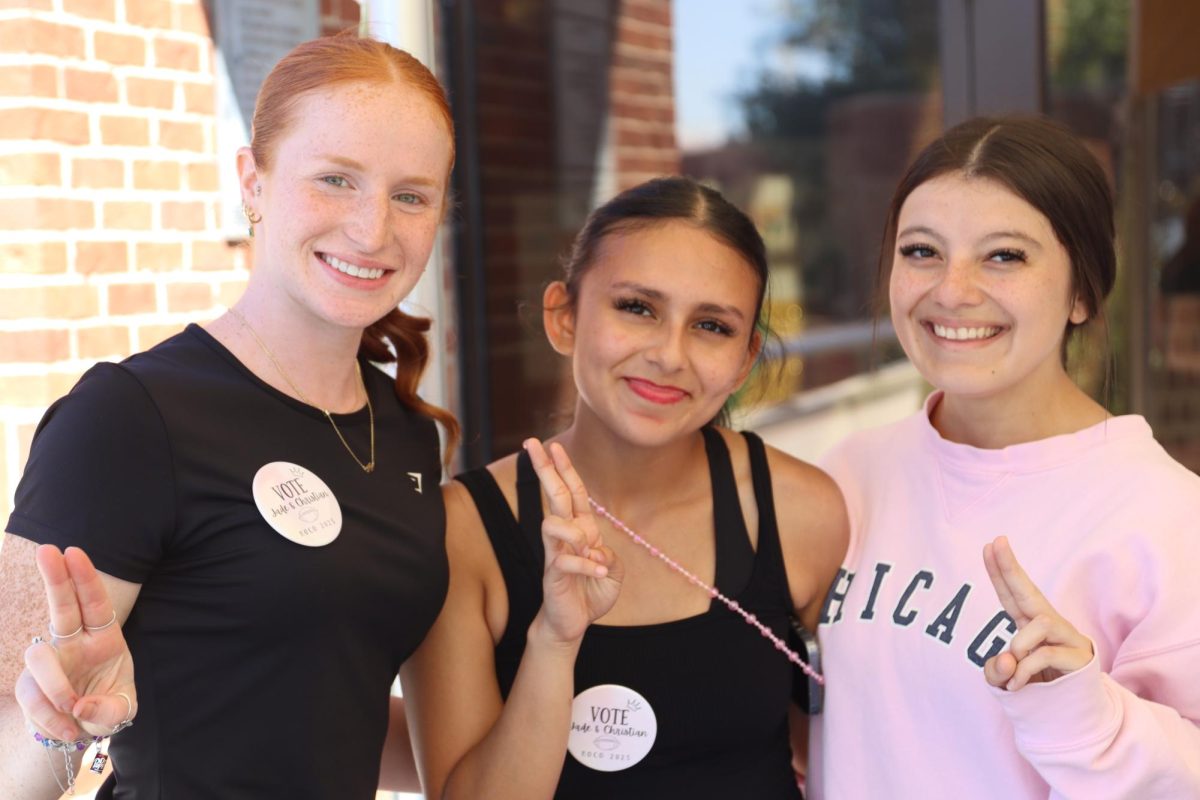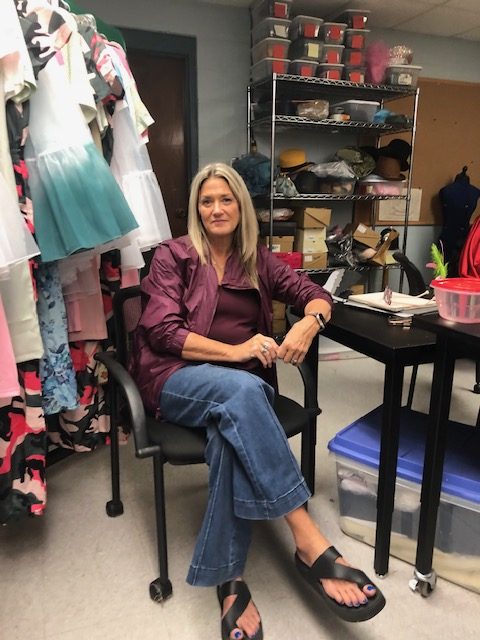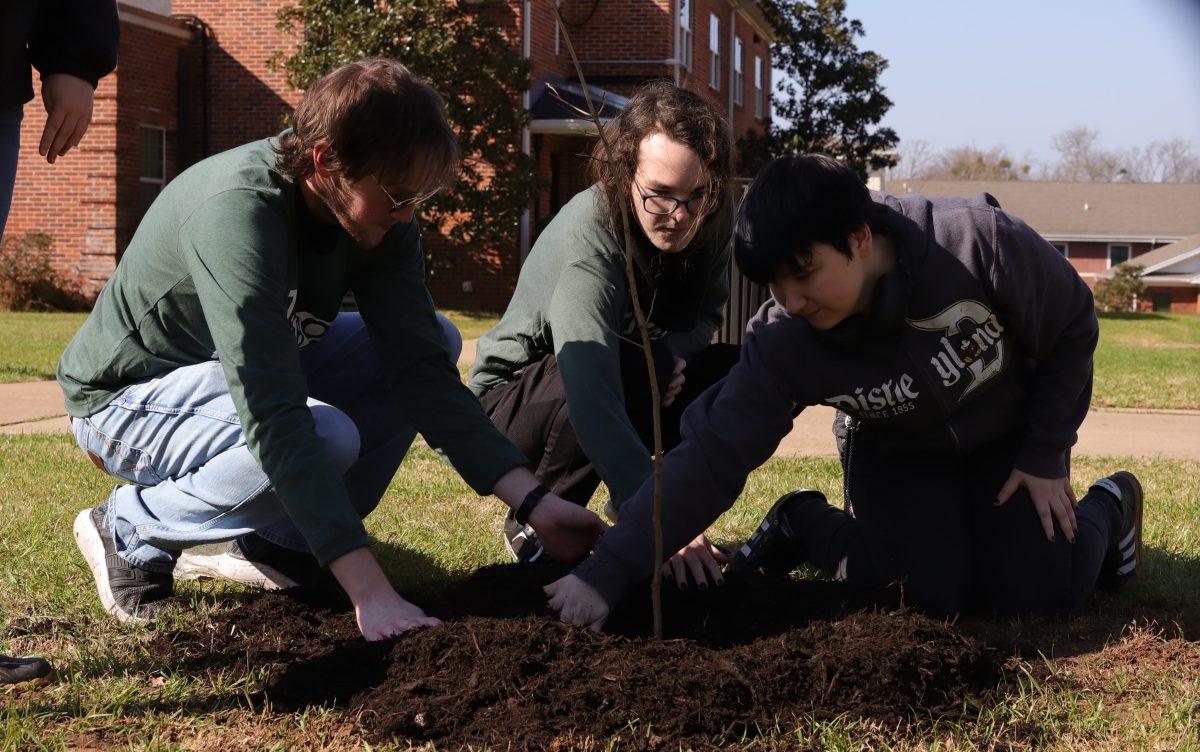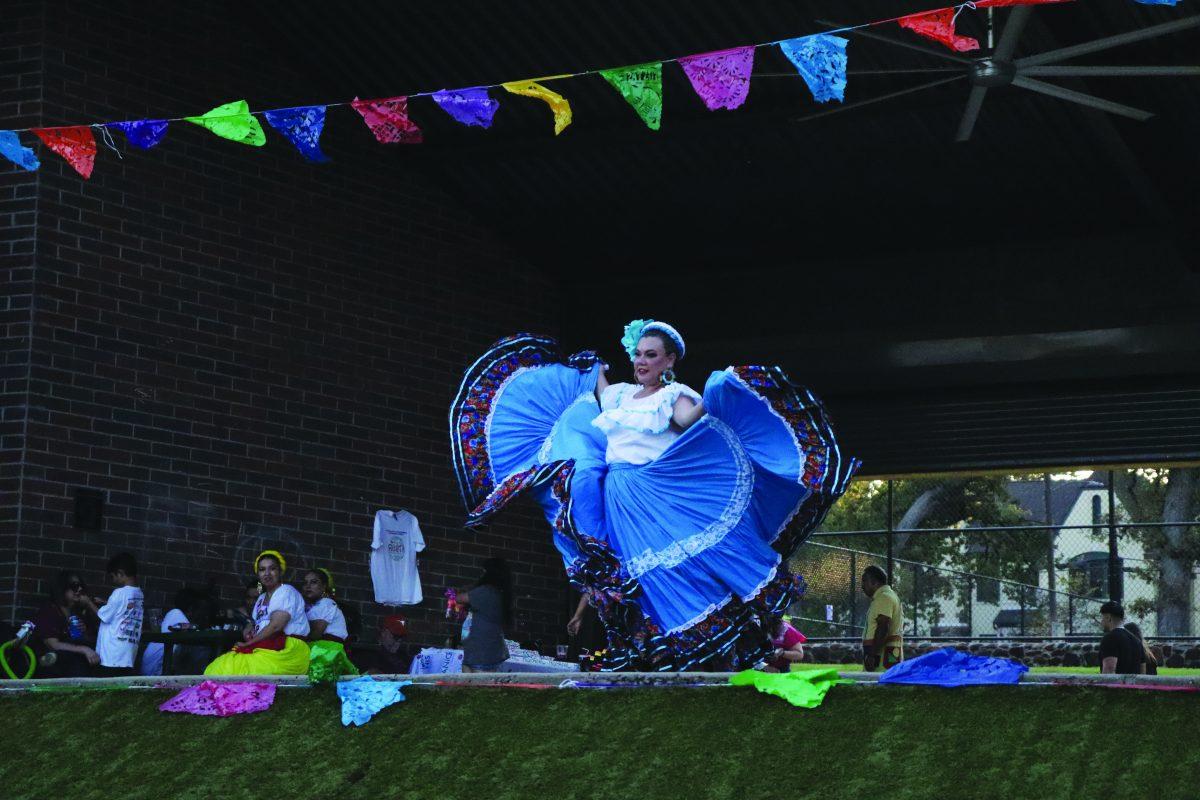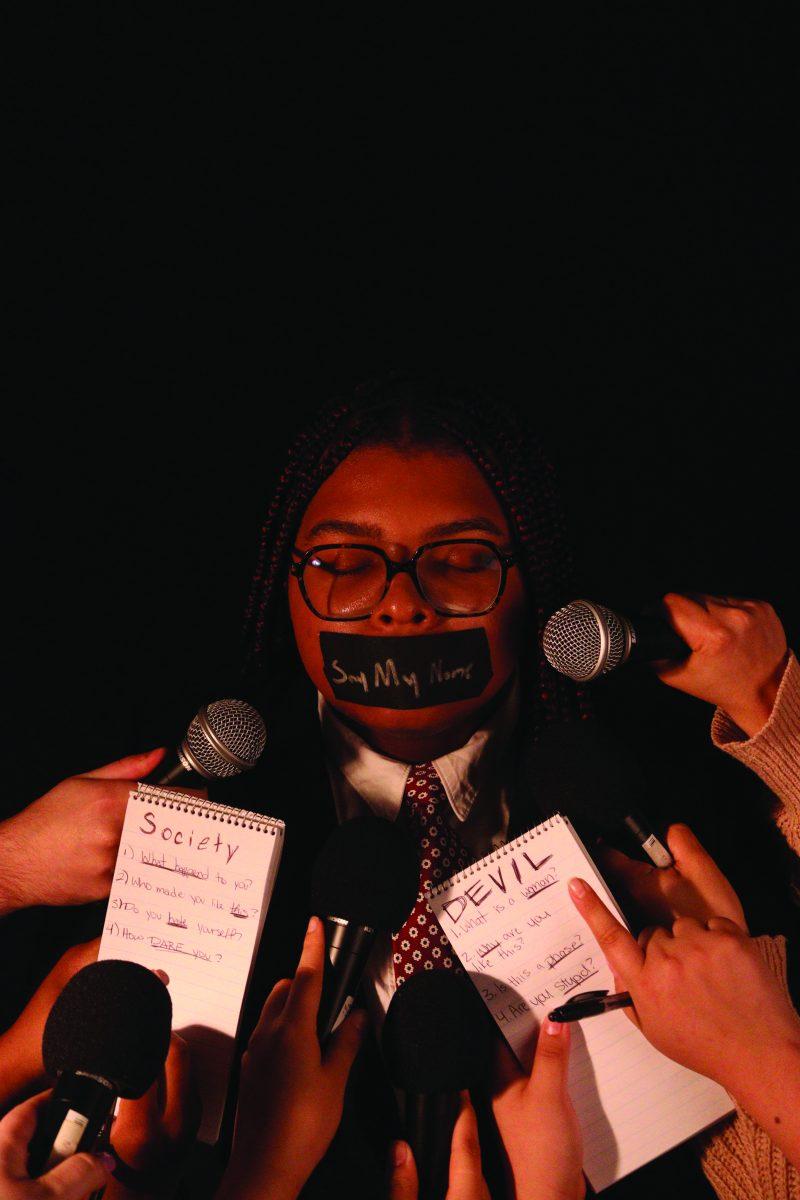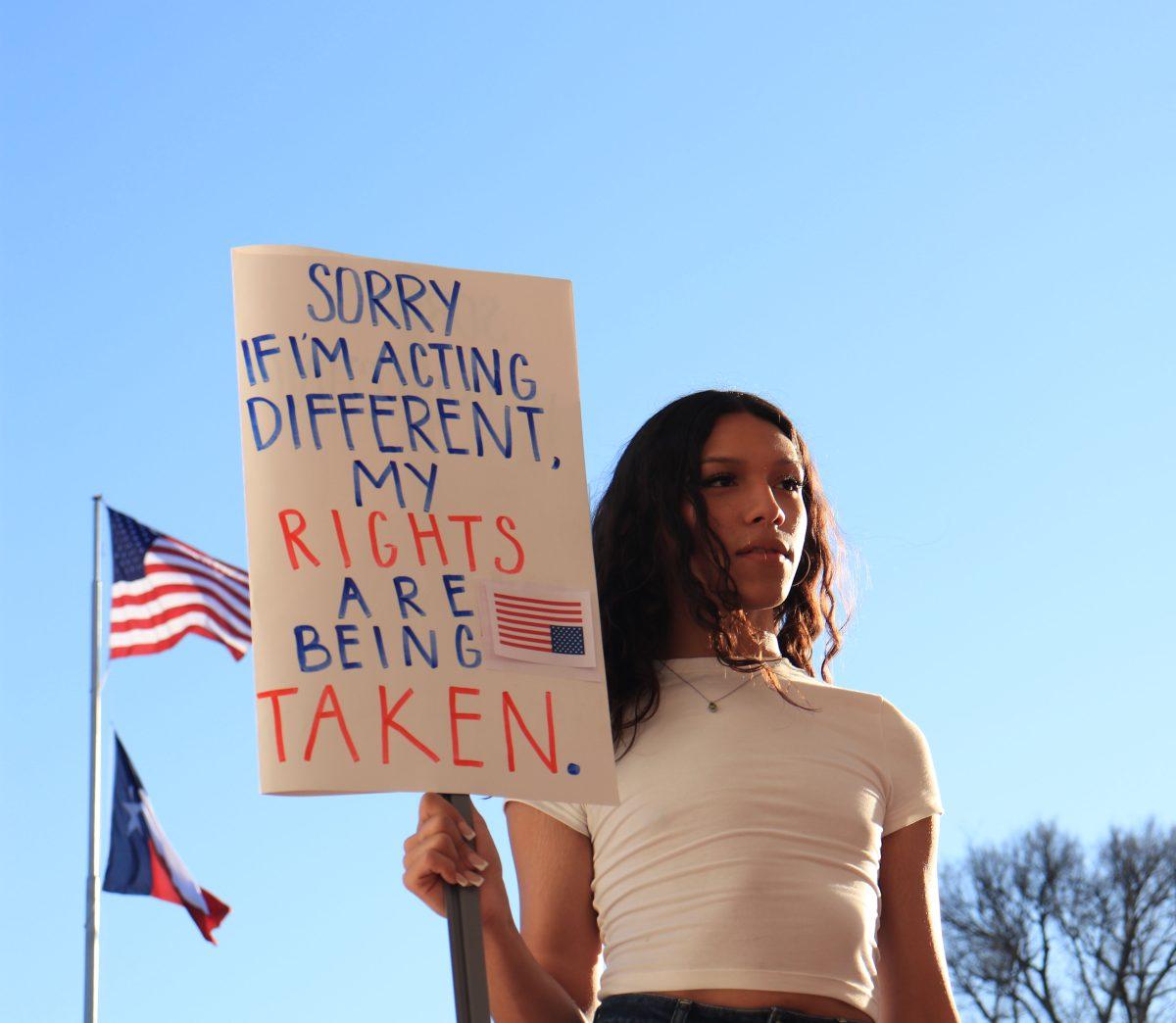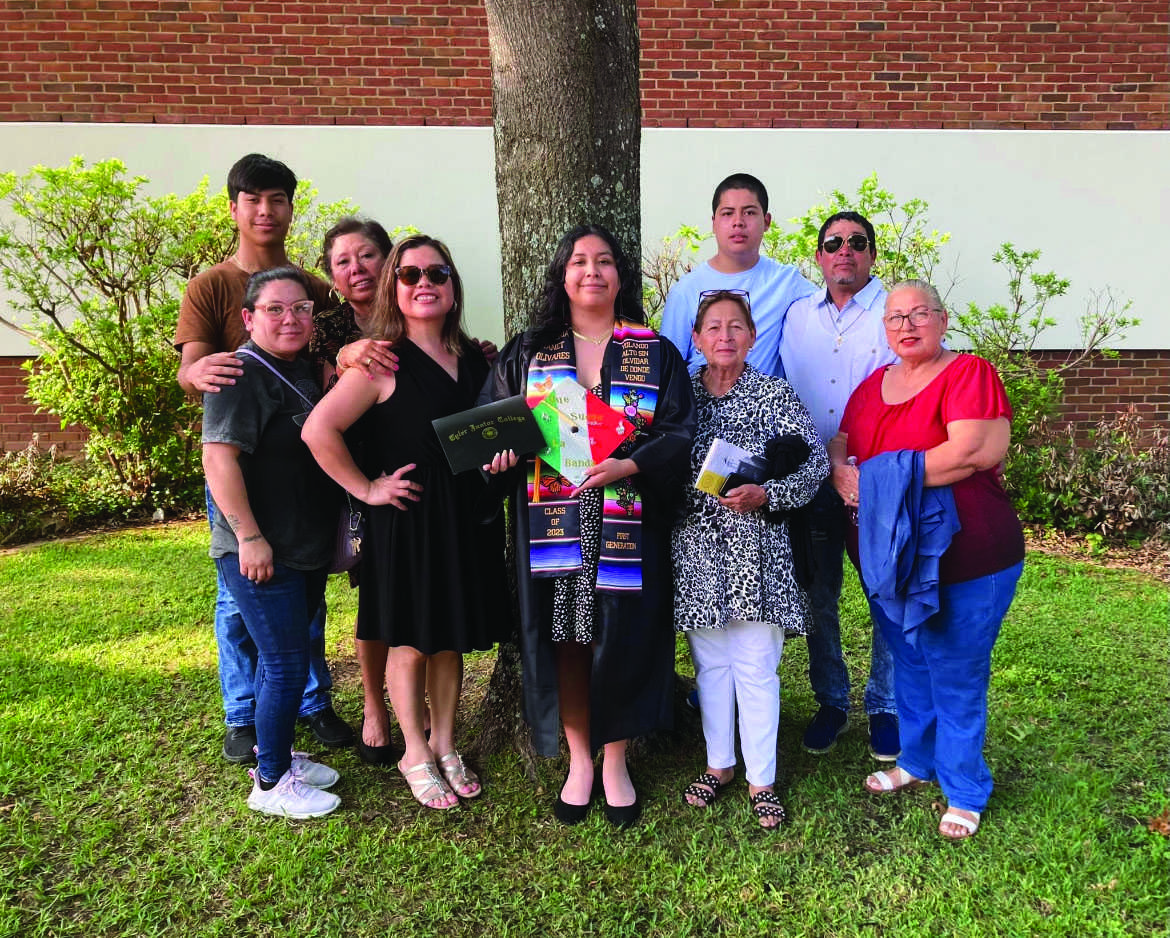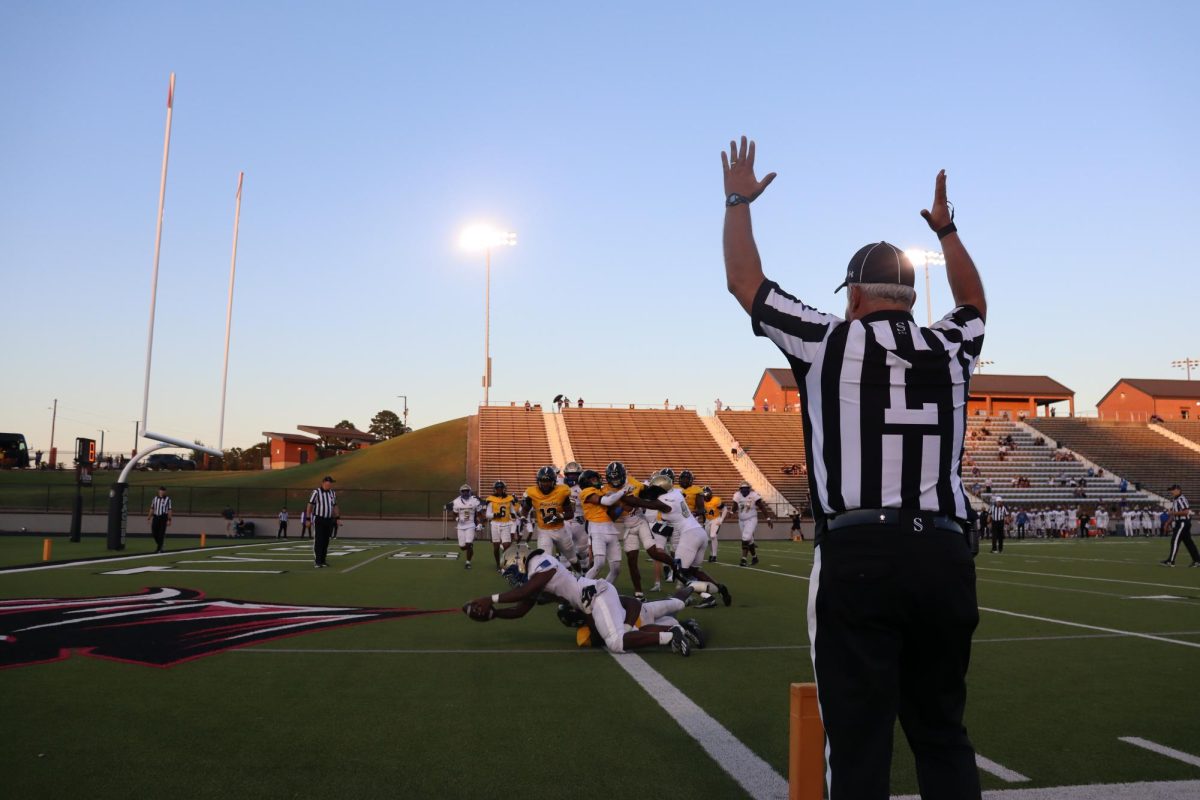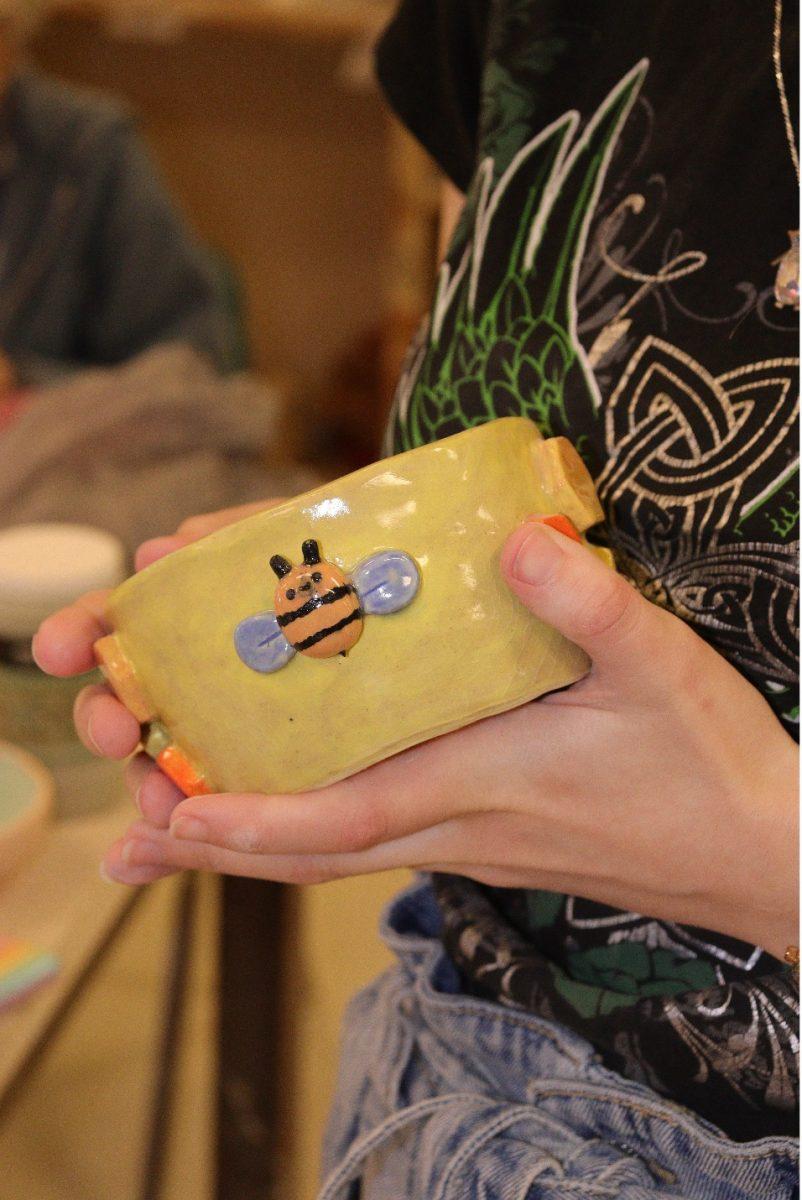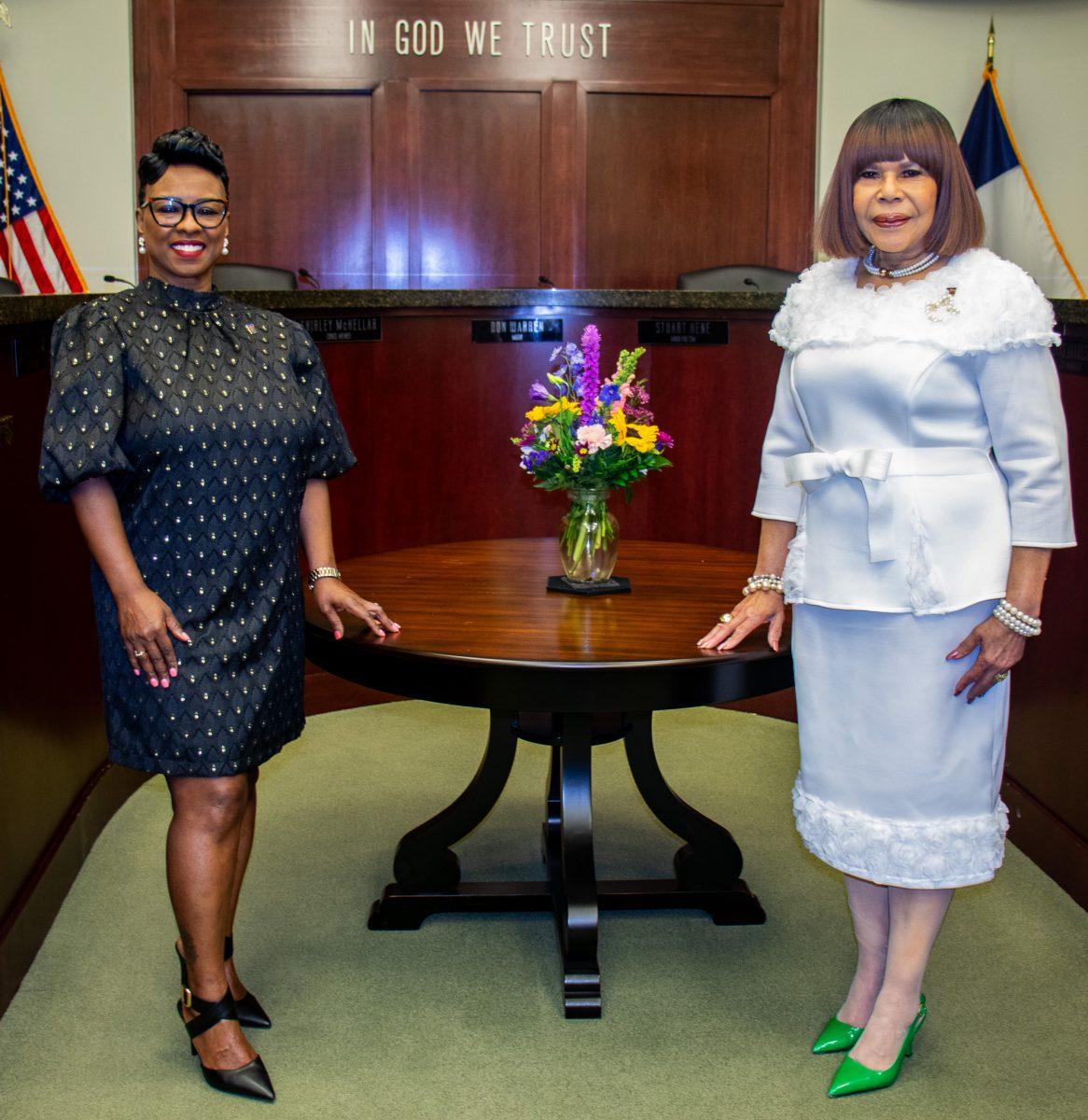History was made when Councilwoman Petra Hawkins was sworn in on July 10, 2024. Alongside Dr. Shirley McKellar, it marked the first time two Black women served on the Tyler city council at the same time.
For both of them, this wasn’t just a personal milestone; it was a significant moment for the entire community. Their leadership highlights the importance of representation in government, ensuring that policies and decisions reflect the needs of all citizens, especially those from historically marginalized Black communities in Tyler.
Representation in government shapes people’s lives, drives policy, and has the power to inspire future generations. When young children see people who look like them in positions of power, their confidence grows, and they begin to believe they can reach those same heights. Without representation, young Black children may struggle to see themselves in leadership roles such as politics, law or business.
McKellar and Hawkins aren’t just councilwomen — they are proof that those dreams are within reach.
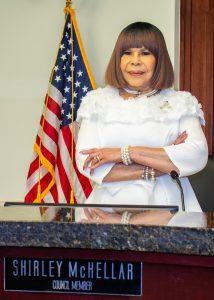
For both McKellar and Hawkins, leadership is something they’ve carried with them from a young age. McKellar’s journey started at 18 when her father encouraged her to get involved in a political campaign.
“My young mind said, ‘How much are you going to pay me?’ And he said to me, ‘Well, I can pay you, but it’s not always about pay. When it comes to the political process, you may want to think about volunteerism sometimes,’” McKellar said.
That moment sparked a career that included serving as a U.S. Army officer, a war veteran who participated in both Operation Iraqi Freedom and Operation Enduring Freedom, a registered nurse, and someone who has led several initiatives like the Comprehensive Breast Cancer Center in the European Theater. She also held the position of Deputy Mayor Pro Tem on the city council.
Hawkins also traces her leadership path back to her youth.
“I ran for student council president in eighth grade at Boulter Middle School. That was my first campaign, actually, and I won,” Hawkins said.
She juggles her duties as councilwoman with an ongoing career in health care as a registered nurse and as a professional Texas real estate agent. She is also a member of the Tyler Area Chamber of Commerce, Tyler Area Builders Association, National Association of Real Estate Brokers, and Tyler Metro Chamber of Commerce.
“I always seemed to take the lead because people are shy. They don’t want to stand up, so I was always like the team lead, the captain,” Hawkins said.
From Diane Nash leading the restaurant sit-ins of Nashville in 1960 to Alicia Garza, Patrisse Cullors, and Opal Tometi forming the Black Lives Matter organization in 2013, Black women have always been at the forefront of political and social movements.
Their legacy is seen in the work McKellar and Hawkins are doing today. These women follow in the footsteps of those who came before them, understanding that their role in government is part of a larger, ongoing fight for equality and justice.
Both McKellar and Hawkins were influenced by strong Black female role models who helped shape their leadership journeys. McKellar talks about how Shirley Chisholm, the first Black woman elected to Congress, and Barbara Jordan, a trailblazing Texas legislator, motivated her.
“Shirley Chisholm said, ‘If you don’t have a seat at the table, bring a folding chair.’ That has always resonated within my mind. I saw how powerful that woman was and how she did not let anybody stop her. She was unstoppable,” McKellar said.
For Hawkins, her inspiration came from the educators who shaped her confidence and discipline.
“My first-grade teacher, Henrietta Armstrong, was a great inspiration. She was very strong on etiquette. She taught us that even in first grade,” Hawkins said.
Representation goes beyond being a role model. It’s about mentorship and community leadership. Without visible figures to look up to, many young Black girls may never fully understand what they can achieve. For years, Black women were excluded from decision-making spaces in politics. Today, McKellar and Hawkins’ presence in local government is a reminder of the progress made and the work still ahead.
Black women in leadership is deeper than breaking barriers. It’s about making sure policies reflect the needs of Black communities, which make up 23.4% of the city’s population.
“If we are underrepresented, our issues don’t get addressed,” McKellar said. “Nobody can speak for us better than we can.”
Hawkins agrees.
“When you live in a district where the majority looks like you, you have an obligation. We understand each other better, so we can relate. It helps everyone, but especially our people—we have to have someone who understands our people,” Hawkins said.
Representation matters in policy, too. Research has shown that when people of color hold power, they’re more likely to advocate for policies that reduce racial disparities in education, health care, and economic opportunities. McKellar and Hawkins know that leadership isn’t just about having a seat in government; it’s about making sure historically underserved communities are prioritized.
Both women admit that being a Black woman in politics comes with challenges.
“That’s why I went back to school for political science before running for office. I needed to be respected, and I knew education would be key,” McKellar said.
Hawkins recalls the pressure she felt during her campaign.
“There was a moment during my runoff election when the community kept telling me, ‘We have to save the seat.’ That was when I realized this wasn’t just about me. It was about making sure Black voices remained in the room where decisions are made,” Hawkins said.
Even after the election, the pressure doesn’t let up.
“Every day, people from all over Tyler, not just District 3, reach out to me,” McKellar said. “That’s what happens when people recognize you as a leader who listens.”
Both women are committed to making sure their progress isn’t temporary.
“I want to mentor and prepare the next person who will continue this work. Representation means nothing if we don’t keep the door open for others,” Hawkins said.
Both women stress the importance of civic engagement.
“We need people to show up. To vote, to run for office, to hold leaders accountable,” Hawkins said. “Representation only works if we actively participate.”
McKellar and Hawkins both hope for a future where their leadership is expected and not questioned.
Harris County Judge Erica Hughes spoke on this during a panel on how Black women have a political and social impact on society, hosted by and published on Prairie View A&M University’s website.
“A lot of times, as African American women in these roles, you’re the only one in the room,” Judge Hughes said. “From my electrical engineering classes [at PVAMU] to my time in the military, there weren’t a lot of minorities in leadership positions. I was delighted to look to my left and right and see women who looked like me, and to see these women who were powerful, educated, and could hold a room on their own.”
By continuing to lead, mentor, and advocate for their communities, McKellar and Hawkins are making sure the doors they’ve opened remain open for the next generation. Their work shows that representation in government isn’t just about today, but about shaping the leaders of tomorrow.
“My hope is that we move beyond just having a seat at the table,” McKellar said. “We need to build our own tables.”

